Affiliates
The Center has created an Affiliates program for researchers across all career stages seeking more opportunities for high-level discussion and collaboration. Affiliates have the opportunity to create research collaborations across universities and apply for small grants and are invited to attend additional internal Center talks and workshops. We are not currently accepting new affiliates, but feel welcome to reach out to Center manager Sam Pratt sampratt@unc.edu to express interest in future events and admission cycles.
Affiliate Small Grants
As an affiliate, you may apply for a $1500 grant to kickstart a project related to bridging political divides or examining moral understanding. In order to qualify, you must apply in collaboration with at least one additional affiliate from a different university from your own. Applications should be a brief 500-750 word description of your idea and an outline of proposed study or studies. These will be reviewed on a rolling basis and can be submitted to scienceofmoralunderstanding@gmail.com. Then, if your application is accepted, you will be invited to present your findings in a 20-minute internal talk.
Research Events
At the start of each semester, we hold “research mixers” to help spur new collaborations with affiliates and hold internal research talks later in the semester. These early events give junior researchers, who often have limited research collaboration opportunities on these topics at their home universities, the opportunity to expand their network and build working relationships with more established postdocs and tenure track professors. At our internal research talks, our affiliate researchers share findings from their projects, and these events offer opportunities to help workshop ongoing research and give established researchers the chance to get invested and collaborate on projects as they produce initial data.
Sponsored Projects
Moral Blinding: This project examines how moral convictions in one domain may blind us to other moral concerns. For example, people who are against vaccine mandates may fail to acknowledge that their commitment to upholding values such as freedom, autonomy, and human rights means they are also disregarding the social/moral value of protecting the vulnerable from harm, thus violating a moral value they might otherwise hold sacred.
Moral Imagination: Much unlike the moral problems typical to psychology (e.g. the trolley dilemma), the moral problems all of us encounter in our daily lives tend to be unique, novel and not very well-structured. This project examines the role of creativity and imagination in addressing real world moral dilemmas.
Moralization: This project explores how different types of categorization influence moralization. Many issues exist with some degree of ambiguity, but we often push for concrete categorizations. For example, many cases of bullying are ambiguous, such as children teasing a friend who lost a game, but there’s often a push to categorize a behavior either as bullying or not. This project addresses how discrete categorization influences the degree to which these behaviors become moralized, and the researchers predict that when you allow room for ambiguity, issues like this become much less morally charged.
Political Defection: People who deviate from group norms pose problems for their ingroup, and this project builds on previous work on political defection across party lines. This project looks at perceptions of those who join your political group, or converts, and those who leave your political group, or defectors, and examines how traditional in-group members perceive these two categories of political deviants.
Primal World Beliefs and Morality: Research within the Center explores how certain deeply held beliefs such as religion influence our perceptions of morality, but there is a broad range of beliefs that can influence our moral convictions. This project explores primal world beliefs, which are gut-level answers to the question, “What sort of world is this?” and how these answers shape our moral convictions

